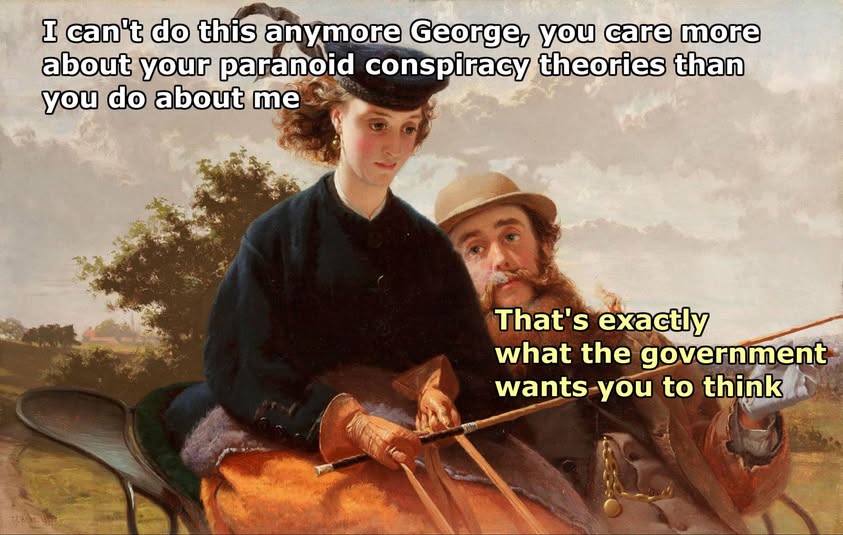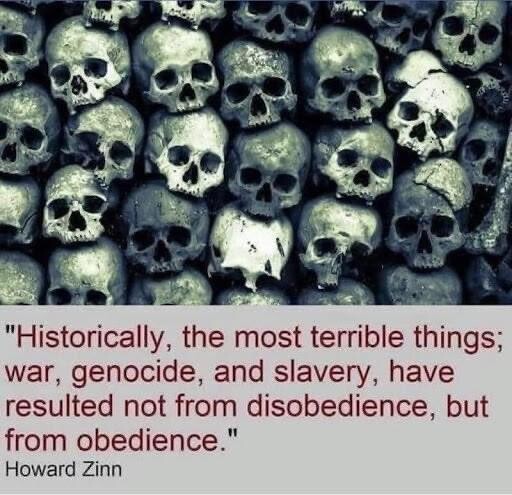A reminder: treating everything as a personal conflict is unbelievably stupid. It’s one of the most damaging habits we’ve normalized in our pushing of #stupidindividualism, and a core pillar of the #mainstreaming that keeps us in loops of division, burnout, and reaction. We’ve seen this time and again – online, offline, in activist circles, and tech spaces. People isolate, bicker, and collapse movements rather than build collectives.

So how do we get out of this trap?
- Rebuild Collective Thinking
We need to shift from “me” to “we.” This doesn’t mean erasing individual voices, it means weaving them into shared goals. The #openweb thrives when people collaborate on process, not just identity or ideology. It’s about creating space for disagreement without turning it into warfare. Focus on shared outcomes, not personal ego.
- Normalize Conflict Mediation, Not Escalation
Disagreement is natural. But instead of defaulting to callouts, blocks, and walkouts, let’s revive the art of mediation. Real communities have friction, but they also have tools to work through it. Bring your shovel, not your flamethrower. Compost the crap; don’t fling it.
- Prioritize Process over Personalities
Movements rot when they’re built around individuals, especially charismatic ones. Codebases, collectives, and federated systems need open, documented processes that anyone can step into. People come and go, but if the path is solid, the work continues. That’s what the #4opens is about, building resilience through transparency and collaboration.
- Build Human-Scale Structures
We need networks that encourage local accountability and global connection, not scale for the sake of attention. Small communities federated together are harder to corrupt, easier to moderate, and better for mental health. Scale by trust, not by metrics.
- Practice Default-to-Good-Faith Culture
Trust isn’t blind, but suspicion as a baseline poisons everything. We need to make “assume good faith” a default again, until proven otherwise. Not everyone is a grifter, an op, or a narcissist. Most are just trying to find their footing, like you. Let’s stop tearing each other down on impulse.
If we can move from personal grievance to collective purpose, from reactivity to reflection, from individual branding to shared building, then maybe we can finally break from the current loop. It’s not about being perfect, it’s about being in “process” together.
Let’s stop adding to the mess and start composting it, please.









